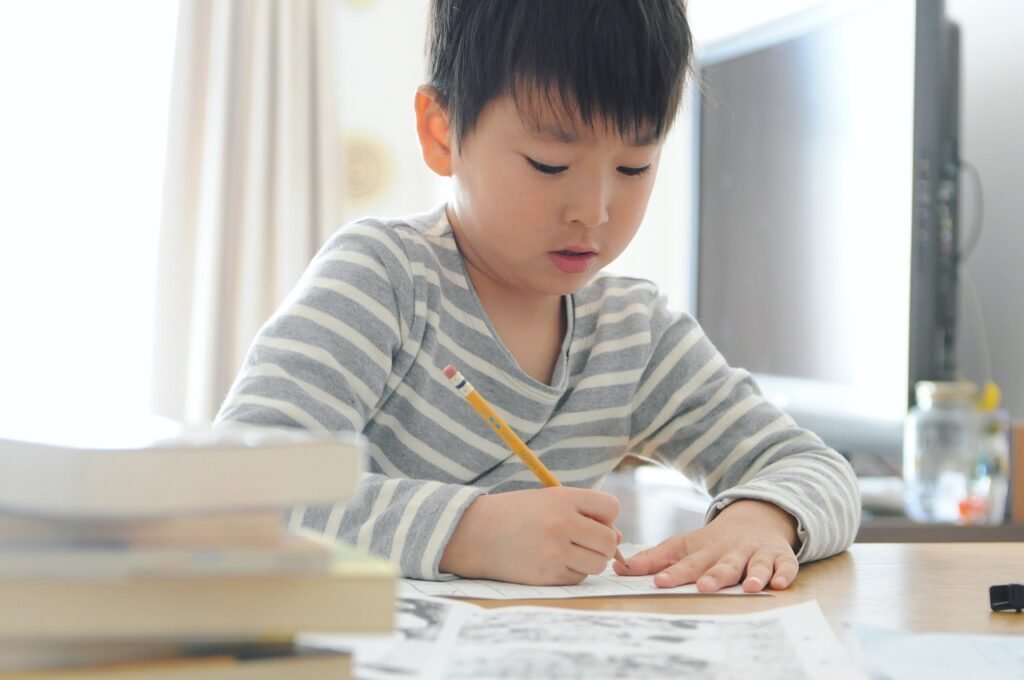The National Education Policy (NEP) 2020 is an epoch-making document for the educational system in India, moving away from age-old practices toward a new epoch marked by dynamic and student-focused learning. It aims, rather homologously, at the overall development of students with skills and capabilities requisite for a 21st-century citizen. In more contemporary spirits, therefore, the NEP seeks to establish an education system predicated on creativity, critical thinking, and adaptability. It envisions the establishment of an education system through innovative teaching methods, integrated technology, and extensive teacher training to prepare young minds to keep pace with an ever-changing world.

Why NEP 2020 is Not Just Another Policy but a Compelling Necessity
The earlier NEP document is an extensive draft to overhaul the operational framework of the education system so that not merely knowledge but involvement in processes of learning has been ensured for students. In opposition to rote learning, NEP expects that students will be thinking critically and making adaptations that are paramount in meeting real problems. Besides this important aspect, various other educational concerns are raised by the NEP regarding:
Holistic Development
Not so long ago, the term ‘education’ was an exceedingly narrow one. The NEP 2020 has vigorously pursued the cause for holistic development across a broad spectrum of extracurricular activities like music, arts, dance, sports, and so on in the line of these activities which develop creativity, decision making ability, and well-rounded personalities. To nurture students to be able to think critically, solve problems, and flourish in diverse environments.
Early Childhood Care
The early years are the foundation for a child¿s bright future. Recognizing the value of this stage, NEP 2020 ensures that education is imparted to children aged 3 to 6 with full quality. Early years, along with being cared for and nurtured, should be filled with fun and joy in learning and be conducive to positive mental health for the best prospect in life to come.
Flexible Evaluation System
A major new reform suggested in the NEP 2020 is a flexible evaluation system. It departs from the conventional evaluation methods based on rote learning to project work and assessment that nurture critical thinking, application, and conceptual understanding. This new evaluation system intends to evaluate knowledge but also the practical application of that knowledge in real-life situations.
Integrating Advanced Technology
Technology has now entered all areas of life, including education. The NEP 2020 integrates state-of-the-art technology with the education process, thus creating individualized engaging learning experiences for students. Through innovative methodologies and digital tools, the student is offered avenues of exploration that might have seemed far-flung just a decade ago. On the contrary, it places great value on human interaction and critical thinking, thereby ensuring that technology is utilized in a proper way to supplement rather than supplant traditional learning methods.
Empowering Teachers
Teachers are the life breath of the education system and NEP 2020 acknowledges their important role in shaping future generations. The policy highlights that ongoing professional development and training is needed so that the educators acquire the professional skills to enrich their teaching practice with new teaching methods and digital resources in the classroom. The thrust is on motivating good teachers through pay incentives and autonomy, as well as providing resource support, that will eventually help students.
Laying a Strong Foundation for Future Learning
Early childhood education is regarded as the bedrock of NEP 2020. By honing in on the age of 3 to 8, a period crucial for brain development, the draft policy guarantees all children quality education right from the start. Through such focus on foundational learning, children are equipped with the soft skills needed for critical cognitive, social, and emotional development required for success later in life. When opportunities are created for these early years, they provide the platform for lifelong learning and development.
Freeing Up from Old Shackles
The traditional 10+2 education structure has for years restricted students into rigid academic silos. NEP 2020 envisions a very flexible 5+3+3+4 system whereby the learning process is divided into stages that enable students to explore various subjects and interests. Hence this flexible system empowers students to pursue their learning path while being exposed to the interdisciplinary nature of knowledge, which they will be required to engage in in the world of tomorrow.
Skill Development for a Strong Workforce
In today’s fast-paced world, employability has come to be seen as one of the most immediate needs. The traditional education curriculum has often neglected practically useful skills, thus preparing students poorly for the workplace. The National Education Policy (NEP) 2020 seeks to fill this breach by integrating vocational education into the mainstream curriculum. Now students will be given a chance to obtain certain qualifications and skills that have near-placet-value in the job market, thus preparing them to earn respectable livelihoods.
Empowering Teachers, Designers of the Future
NEP-2020 stated that reforms cannot be successful unless teachers form an equally critical force in the reform process. The policy propels the teaching profession forward through better payment of salaries, support with continuous professional development, and flexibility. Teachers must actively engage with new pedagogical practices, adopt technology, and develop interactive and participatory classrooms. Well-trained teachers are central to this concept of education and will play a pivotal role in building the future of the nation.
Technology as an Enabler for Learning Enhancement
Technology is merely an enabler in the learning process, not a substitute. NEP-2020 uses technology to better the learning experience- first, by allowing better access to different resources, secondly, by providing an individualized pathway to learning, and lastly, by making the very experience of learning fun and interesting. Therefore, the vision of the policy is to use technology as a tool to trigger and harness creativity, critical thinking, and problem-solving skills to prepare students to face the world in this digital age. However, it also emphasizes that technology should never dominate but rather support the human element of education.
Fighting Discouragements and Cultural Shift
While it has many challenges, the NEP promises a lot. The factors to make changes in this optimistic approach include the foundation of the government, educators, parents and the people concerned. NEP 2020 has the power to make possible the new and true potential of youth development in India through the demolition of old structures and enabling the overall development of India as a world leader in education.
Conclusion
NEP 2020 is a brave attempt in the forward advancement of the education system in India. The most aspirations of the policy will include recognizing and delivering the objectives of holistic development, integrating technology, teacher empowerment, skill development, and cost and value efficiency relevant to value and relevance. Rather, the long stride would be in a road that is not so easy. It must say that the fruits will be invaluable: an empowered, skilled youth, also rounded and clear. This NEP will pave the way for young thinkers, creators, and leaders for tomorrow, shaping India into a brighter future for the world as well.
